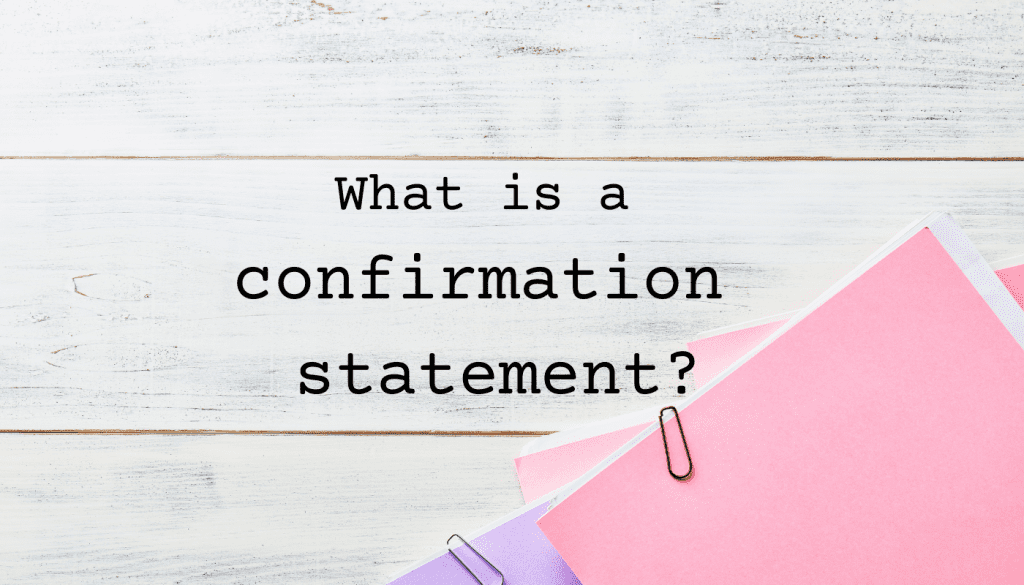
Last week, as part of the mini-budget, the government began announcing help for small businesses. This blog gives you the…

Last week, as part of the mini-budget, the government began announcing help for small businesses. This blog gives you the…

What exactly is a registered office? A registered office is the address which your Limited Company is registered to. This…

Have you heard your accountant talking about your confirmation statement and been puzzled by what it is? Are you wondering…

In March 2020, CH introduced temporary easement measures to suspend voluntary strike off action in response to coronavirus (COVID-19) and…